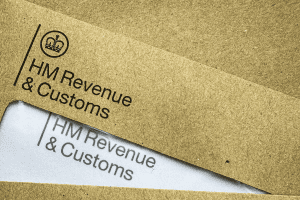Cryptocurrency assets are increasingly common in the business world. While a famously volatile and speculative market, the underlying philosophy of cryptocurrency remains an interesting and potentially revolutionary proposition: a decentralised currency not reliant on an authority like a government or bank, maintained by distributed consensus.
Regulation of the cryptocurrency market is likely to come soon and with it much-needed stability. This will create more opportunities for businesses to get involved in the space safely and with confidence.
While there has been some turbulence in the crypto markets recently following the collapse of cryptocurrency exchange FTX, there are new and potentially very lucrative opportunities in the market all the time. Here’s what any business needs to know about cryptocurrency, and how a cryptocurrency accountant can help you manage your assets and navigate the space.
What is cryptocurrency?
It is a form of digital currency. People call it cryptocurrency because it uses cryptography to record and secure its transactions.
They aren’t issued by a bank, but rather use a decentralised ledger systems to issue new tokens and record transactions. This ledger is stored on the blockchain. Famous examples of these is Bitcoin and Ethereum. Others include Litecoin, Tether and, of course, Dogecoin.
What is a blockchain?
A blockchain is a way of storing and securing a ledger. Each transaction is a ‘block’, containing a cryptographic hash of the previous block, a timestamp and the transaction data. Each block contains information about the previous block, and so they form a chain which makes every transaction traceable. As a result, they are also decentralised.
What is a cryptocurrency account?
An account is like a digital wallet which specialises in storing cryptocurrency. Many services allow you to do this, with Coinbase, Kraken and Binance being the largest. They also allow you to exchange this type of currency for fiat currencies like the Dollar and the Pound.
Why use a cryptocurrency accountant?
Being a new form of currency, it can be unclear how your cryptocurrency should be treated as an asset.
What taxes should be paid on gains in it? How should the paperwork be completed? How should a business go about managing a cryptocurrency account?
These are all difficult questions to answer on your own. Bringing in a specialist cryptocurrency accountant can help businesses deal with these, such as paying their tax returns and managing their assets.
J Sweeney Accountants offer a range of accountancy services, including cryptocurrency services, to suit your business. If you would like to find out more about how we can help you with cryptocurrency, get in touch with us today on 01604 950034 or contact us online.




